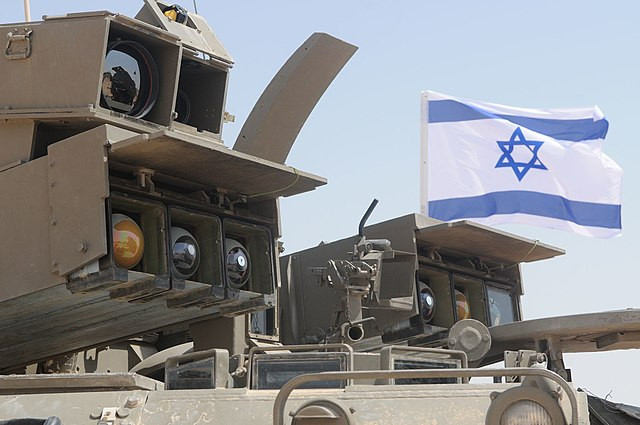Four Italian soldiers were lightly injured on Friday after a suspected Hezbollah rocket attack on a United Nations peacekeeping mission base in southern Lebanon, Italy's Defense Ministry confirmed. The attack targeted a United Nations Interim Force in Lebanon (UNIFIL) base in the village of Shama, highlighting the increasing volatility in the region as Israeli forces and Hezbollah militants engage in intensified clashes.
Italy's Prime Minister Giorgia Meloni expressed strong condemnation of the incident. "These attacks are unacceptable," she said, calling on all parties to ensure the safety of UNIFIL peacekeepers and to assist in identifying those responsible. Defense Minister Guido Crosetto described the attack as "intolerable" and noted that the injured soldiers sustained minor wounds from shattered glass after two 122mm rockets struck the base.
Foreign Minister Antonio Tajani suggested that initial evidence pointed to Hezbollah as the likely perpetrator of the attack. "From what it appears, the rockets were launched by Hezbollah," Tajani told reporters in Turin. However, Italian authorities are awaiting further investigation from UNIFIL before making a conclusive determination.
UNIFIL, tasked since 1978 with monitoring the "Blue Line" border separating Lebanon and Israel, has frequently been caught in the crossfire of escalating tensions. The ongoing conflict between Hezbollah and Israel has put peacekeepers at risk, as both sides trade accusations and engage in military actions.
The incident occurred as clashes between Israeli and Hezbollah forces intensified in the region. The Lebanese Health Ministry reported that five medics were killed in separate Israeli airstrikes in southern Lebanon, further escalating hostilities. Hezbollah, in turn, claimed responsibility for multiple rocket attacks on Israeli positions east of Khiyam, intensifying fears of a broader conflict.
The United States has been actively working to de-escalate tensions. Top White House envoy Amos Hochstein recently visited Israel for discussions with senior officials. Despite hopes for progress, Hochstein returned to Washington without announcing any significant breakthroughs. Meanwhile, China and Russia have voiced concerns about the growing violence, emphasizing the need for diplomatic solutions.
The Shama attack also coincides with broader geopolitical tensions involving the International Criminal Court's (ICC) recent issuance of arrest warrants for Israeli Prime Minister Benjamin Netanyahu and former Defense Minister Yoav Gallant. The ICC accuses the officials of committing war crimes and crimes against humanity in the ongoing Gaza conflict. The warrants have sparked widespread international debate, with some nations pledging to enforce them while others, including the United States, have strongly criticized the decision.
Hungary's Prime Minister Viktor Orban invited Netanyahu to visit, assuring him that the ICC warrant would not be observed on Hungarian soil. "Hungary stands by the side of justice and truth," Netanyahu said in a statement thanking Orban.




